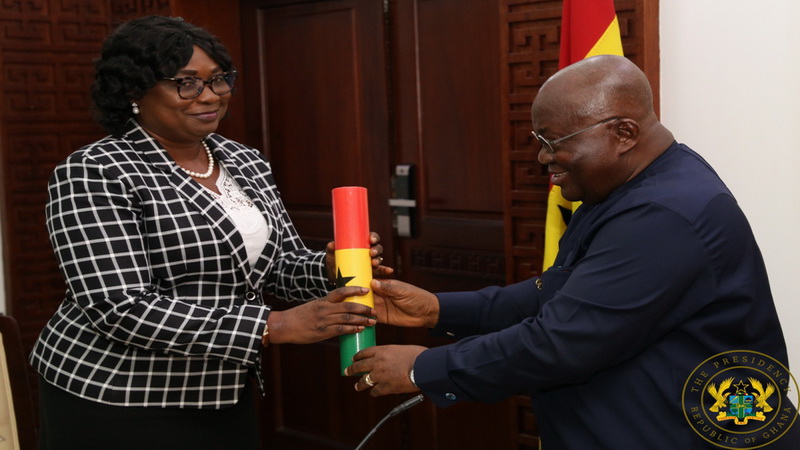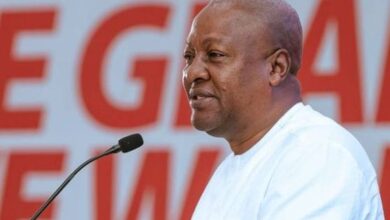
There is little doubt that the latest ministerial reshuffle was effected keeping in mind the 2020 polls. With just two years to go, the Nana Addo government is clearly keen to focus on delivery of promises.
However, many of his flagship initiatives such as the Free SHS, 1 District 1 Factory, 1 District 1 Dam, improving ease of doing business and so on have hardly gotten off the ground, even as economic growth slowed to 6.8% in the first quarter of 2018.
In that context, the reshuffle has allocated some underperforming ministers and brought in those with administrative experience to keep the ship of governance sailing. Amazingly, the 110 number of ministers are now 111; and we have seen Kofi Adda of the Sanitation Ministry been moved to Aviation Ministry to be replaced by the sector Minister, Cecilia Abena Dapaah. Others like Otiko Afisa Djaba of the Gender, Children and Social Protection Ministry, who for some time now has garnered some controversies to her reputation, is effectively out as an Ambassador to Italy.

There appears, from hindsight, to have included other considerations such as electability or recommendation on campaign interest in this reshuffle, especially with these three ministers promoted and reassigned to other ministries – such as Kojo Oppong Nkrumah, John Peter Amewu and Dr. Sheikh Abdul Mustapha Hamid – who are political heavyweights. Even so, NPP does not look secure in the 2020 polls if fulfilling leading campaign promises are hindered.
Among the names of designated ministers, Kojo Oppong Nkrumah elevated as Minister for Information, is shrewd and could be much more effective giving the substantive position to ace government communication. And with Dr. Sheikh Abdul Mustapha Hamid as Minister for Inner City and Zongo Development, the Islamic scholar appears to finds himself in the right place of political exploit. Additionally, the former Information Minister would strive to use his savvy experience in communication to hone the achievements of the government and other opportunities in the Muslim community.
Moving John Peter Amewu to the Energy Ministry brought much to the applause, although concerns will be raised about the government’s ability to fight against illegal mining. As a Co-founder of the Africa Center for Energy Policy (ACEP), he has a Post Graduate Degree (Executive MBA in International Energy Industry Management), and Masters in Petroleum Law and Policy. He is a Cost Engineer by profession with broader knowledge in the Energy Industry. Amewu was remarkable as a former Minister for Land and Natural Resources with a strong and resolute personality. He would look to bring that to bear in the Energy Ministry to potentiate the solution to our energy crisis.
Meanwhile, not so much is known about the experiences of the designated Minister for Gender, Children and Social Protection, Cynthia Morrison, and the Minister designated for Sanitation, Cecilia Abena Dapaah, but we should anticipate somewhat better performance than their predecessors.
In fact, a recurrent pattern in the appointments is that people with administrative experience have been placed inside their areas of domain expertise or comfort zones. Perhaps the combination of administrative experience and an outsider’s perspective will help them perform better. For instance, for Alan Kyeremanteng to be in the Health or Transport Ministry as an expert industrialist, rather than the Trade and Industry Ministry could have been redoubtable.
This is an interesting experiment. But the proof of the pudding will be in the eating when government achieves its promises.
source; myjoyonline




